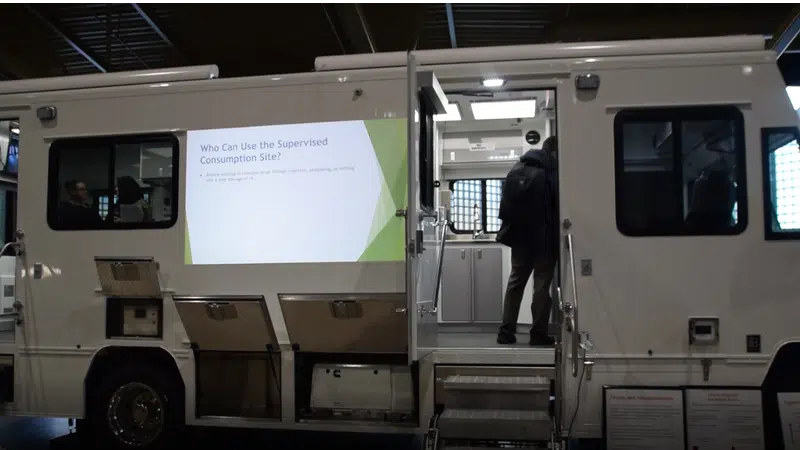
Province releases report on Supervised Consumption Sites
A report examining the socio-economic impacts of supervised consumption services in the province has been released by the provincial government.
The findings were presented on Thursday morning, at a presentation in Calgary.
Several issues were raised in the report around safety, including an increase in crime surrounding the sites, and feelings of a lack of safety for residents and community members.
Throughout the review, town halls were conducted in the cities where sites operate or were proposed, and the committee had a public survey available online.
